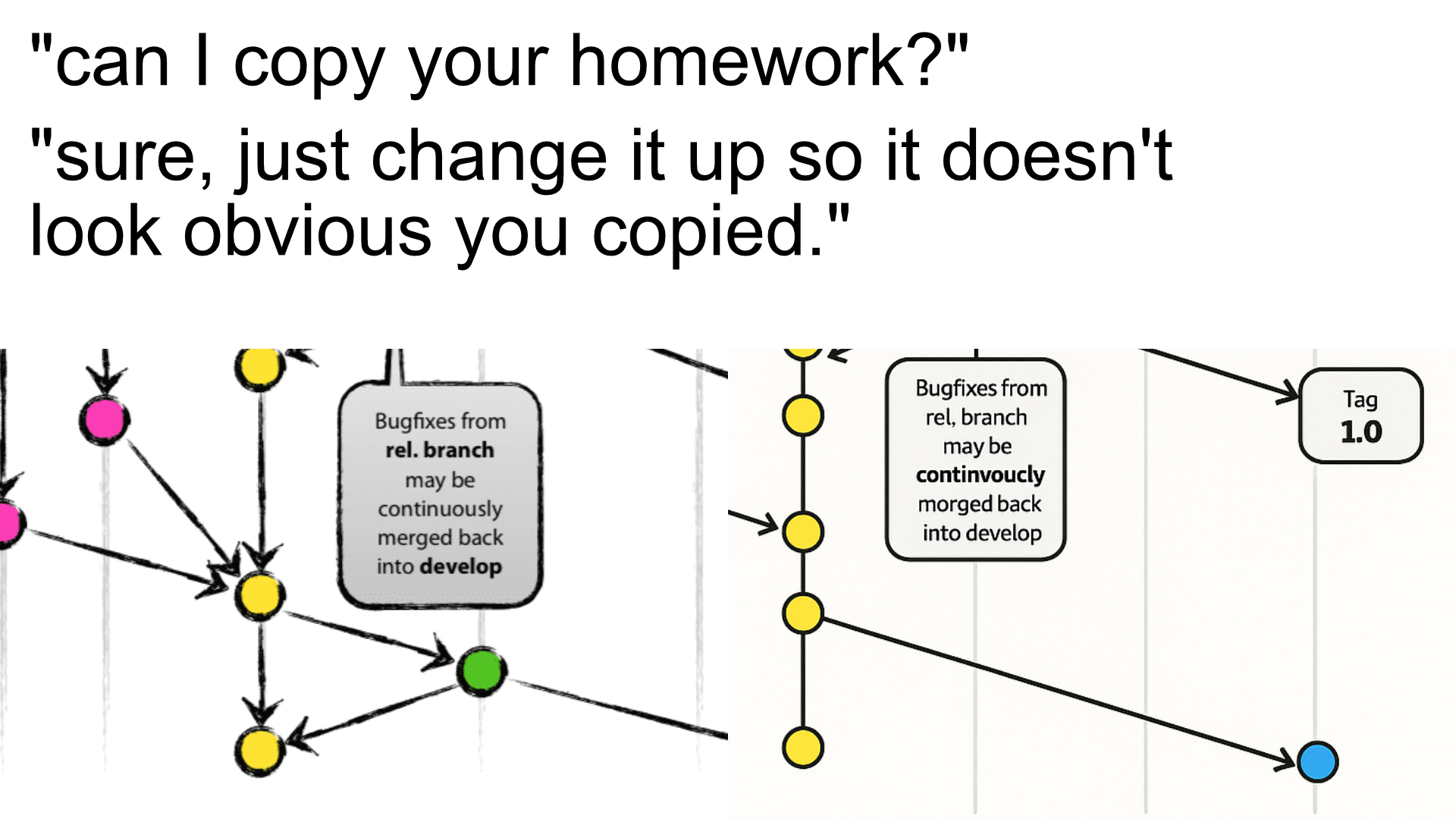Windows Mobile and the enterprise Part I: Out of sight, out of mind
Microsoft has strategically sheltered Windows 10 Mobile in the enterprise while it waits for the current smartphone season to undergo a paradigm shift.
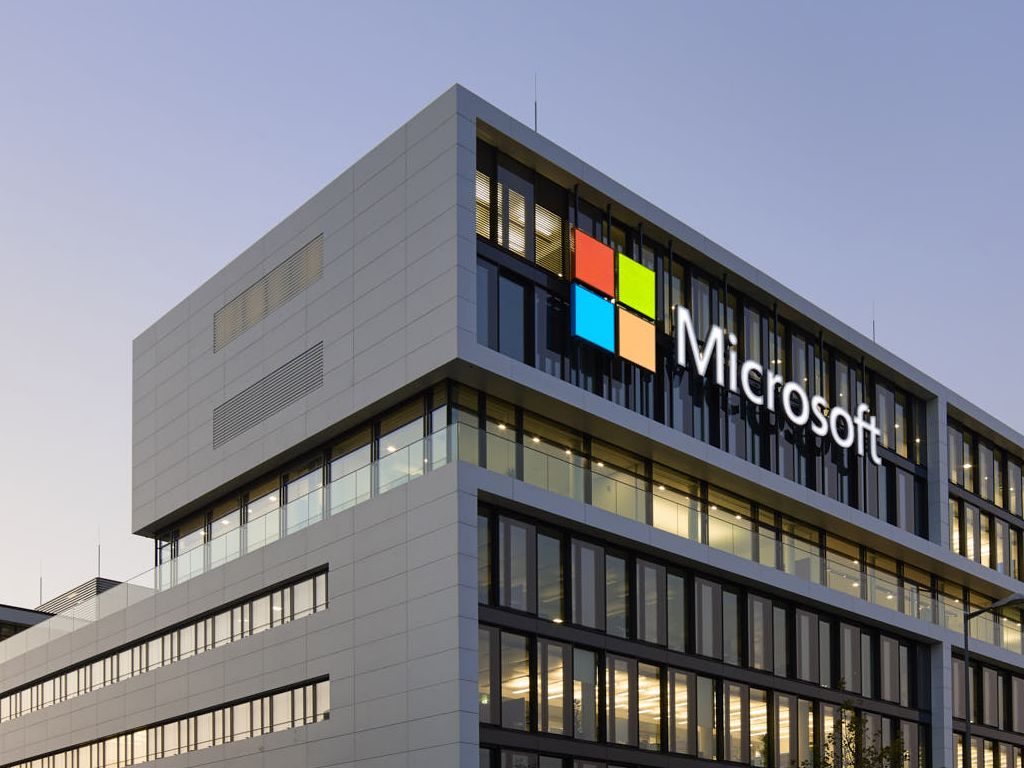
All the latest news, reviews, and guides for Windows and Xbox diehards.
You are now subscribed
Your newsletter sign-up was successful
How Microsoft waits for the imminent industry shift in mobile computing, however, is just as important that they wait. In a recent interview with Le Point, president of Microsoft France Vahe Torossian, stated:
"We have a special position in the mobile today, focusing on the company, but we are working on the next big thing…"During this time of transition, our attention will focus on the professional market."
Microsoft knows that the paradigm shift on the horizon affects both the enterprise and consumers. The question is what is the best strategy for Microsoft to execute as it awaits (and pushes) this shift in order to most effectively introduce an OS and hardware solution that leads in the new paradigm? Silence in the consumer space to which they seem to have committed, I contend, is not an option.
Don't take it personal, it's just business
Microsoft's focus on the next big thing has been part of our analysis here at Windows Central for quite a while. Our assertion has consistently been that Microsoft is playing a long game where its strengths and assets in a pioneering universal platform and context sensitive OS and hardware would position the company for an inevitable shift in personal computing. It is Torossian's statement that Microsoft is focusing the developing mobile OS, on the enterprise and only the enterprise for the coming years that is troubling.
This notion goes beyond the retrenchment focus of first-party hardware on the enterprise and fans. With the cessation of the Lumia line Microsoft is also stating that the the mobile platform, the software, itself is being aligned strictly with the enterprise. This point was stressed at the enterprise-focused Microsoft Ignite 2016 Conference:
How will Microsoft be positioned for the paradigm shift that affects consumers and the enterprise?
Windows 10 mobile powers manufacturing partner phones (not just first-party Lumias) and is part of the consumer and enterpris—focused Universal Windows Platform, however. As Microsoft's strategy shields its developing mobile vision from the claws of competition it is also hiding it from the view of a consumer space Redmond hopes to re-enter with its "next big thing." How will this strict enterprise focus effect Redmond's long-term consumer and enterprise strategy?
Break up that fallow ground
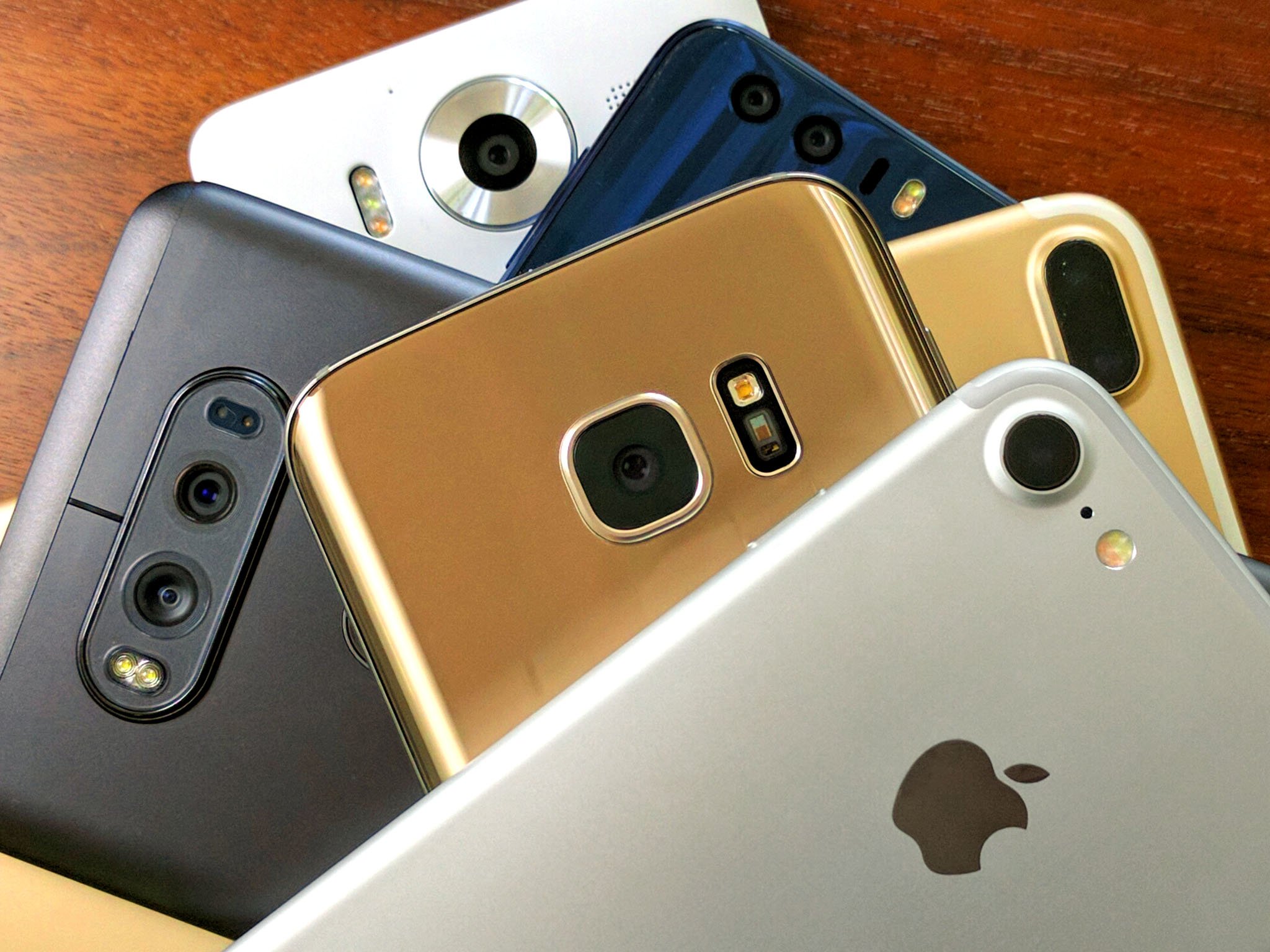
In agriculture, the term fallow means plowed and left unseeded for a season or more. This uncultivated land is left in this state so that at a later time it might become more fruitful. While in this plowed state, however, the area becomes overgrown with weeds and thorns. Before the farmer sows his seed in this field, he must break up the fallow ground, or clear away the undesirable growth to make way for his fruit.
Microsoft has moved Windows 10 Mobile from the consumer field for a season, while its development and that of the UWP evolve toward a more cohesive union. This union will ideally yield a manifestation of a mature OS supported by a broader intelligent cloud-powered ecosystem. That ecosystem even further down the road is strategically expected to benefit from a less app-focused system of AIs and bots that support the user based on conversation as the canvas and human language as the UI. The integration of technology from Wand Labs and Xamarin may further diminish the dependence on the current app warehouse model.
All the latest news, reviews, and guides for Windows and Xbox diehards.
Though no official timeline is given Torossian's reference to "years" denotes that Windows 10 Mobile will be an enterprise hermit for a minimum of at least two years. It could very well be longer.
Microsoft seems intent on re-entering the consumer space, however, with a category-defining "next big thing" device true to the spirit of the Surface line. Imbued with the software and ecosystem attributes of the aforementioned platform support, this Surface device seems, at least for now, destined to be introduced into a space that will have been long void of any representation of Microsoft's Mobile OS.
Microsoft needs to maintain consumer mindshare while enterprise focused.
Redmond seems unconcerned that when finally ready, they will be attempting to sow the seed of their mobile play among the weeds and thorns of the competition that will have overgrown their previous mindshare. This situation is not good for Microsoft.
During this retreat into the enterprise Microsoft, I contend, needs to break up its fallow ground in the consumer space if its long game is to be fruitful. Or put another way, they need to maintain some degree of mindshare during their years of absence from the consumer field.
Pros and cons
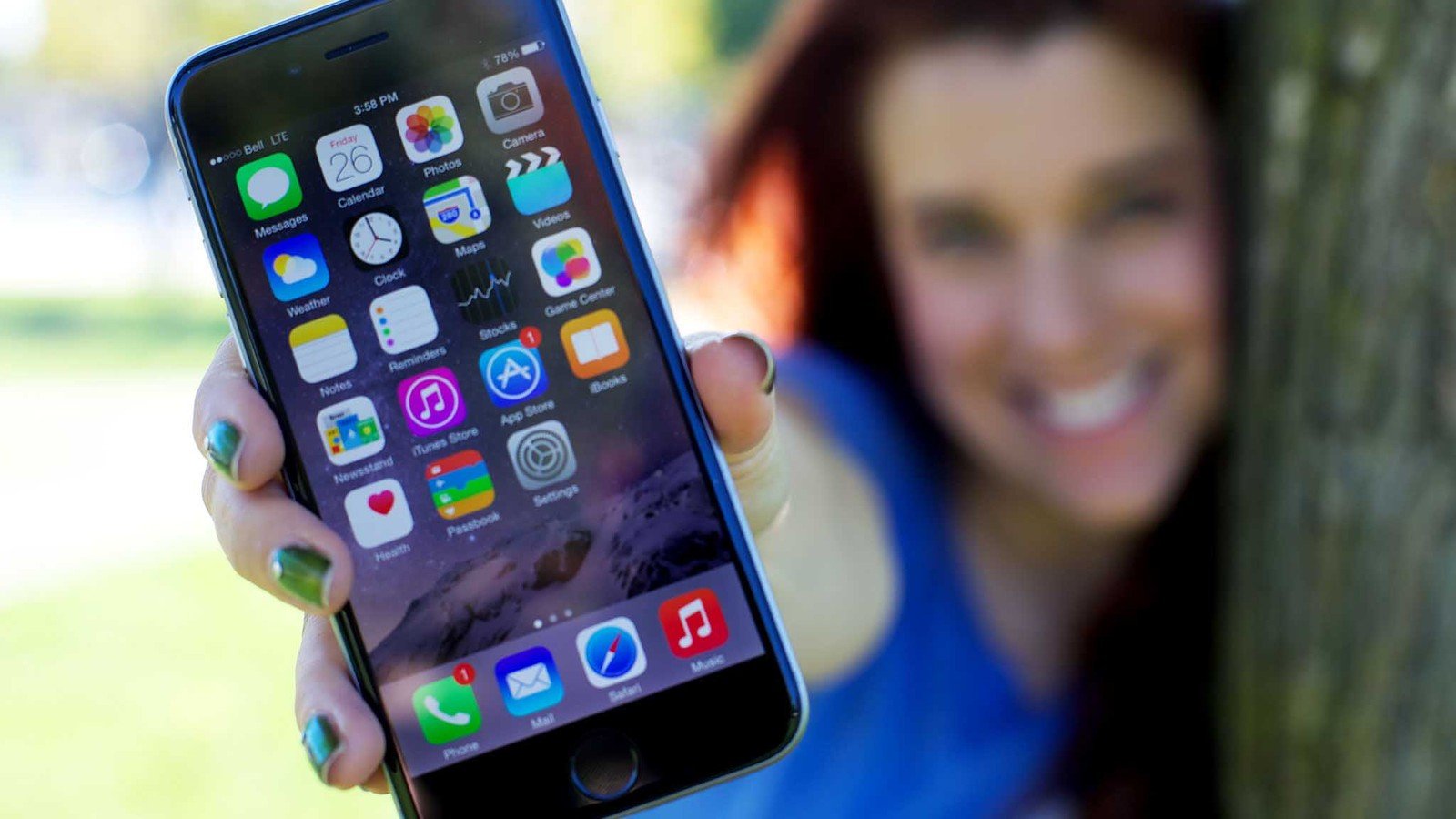
There are pros and cons to everything. I would be disingenuous if I did not acknowledge the positive aspects of Microsoft's retreat from the consumer space though I don't like the fact that they have retreated.
Microsoft has less than 1% of the market. Android dominates with over 80% share and iPhone locks in the rest. The supporting ecosystem of developers, companies and the all-important consumers see the smartphone landscape as a two horse race. For instance, most companies confidently advertise their apps for "your" iPhone or Android phone. The default presumption that those are the only two options consumers use speaks volumes. Window's phone? What's a Windows phone? Exactly.
Windows phone? What's a Windows phone? - Exactly.
So hunkering the mobile portion of its universal platform under the protection of the enterprise where development can continue unabated is a good thing. If Microsoft did not have a universal platform or a strong IT enterprise presence, Windows Mobile would have no hope. Still, with a complete retreat from the consumer space, the Microsoft-Mobile-shaped hole leaves a vacuum that will be swiftly filled by rivals and may not be successfully hollowed out when Microsoft is ready for another go at the consumer market.
The profound effects of the diminishing presence of Windows phone in the consumer space can be clearly seen in the changes among the primary sources of Windows phone news: Blogs.
Out of sight out of mind(share)
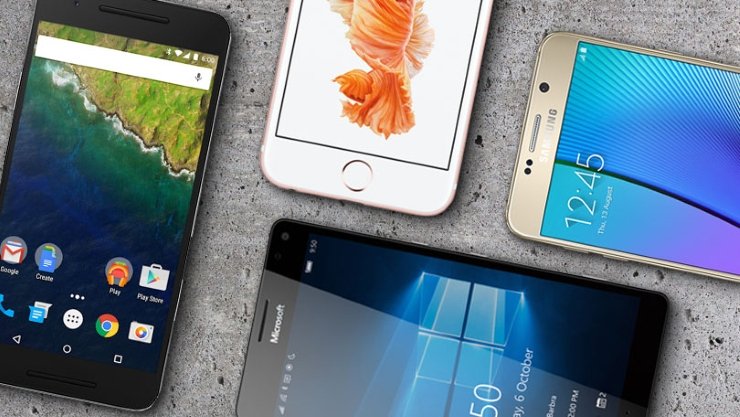
Most faithful tech readers have likely noticed the name changes to many of their favorite Windows phone-focused sites. These changes are in large part in line with Microsoft's Universal Windows Platform strategy that brings a continuity across the ecosystem and demands our focus on this shift as Microsoft-focused sites. It also reflects the diminishing role of the "phone" as the primary personal computing platform as the ecosystem and mobility of experiences takes precedence.
Candidly speaking the changes also fit the current state of phone (whether this was the intent or not in the name changes) as a factor diminishing in relevance particularly in the consumer space where most of the popular tech sites thrive.
As Windows phone diminishes in relevance, so does Windows phone coverage.
With a mere 1% share and a definitive move of Window 10 Mobile to the enterprise, whether explicitly stated or not, many sites will or have already begun to focus their content elsewhere, (i.e. more game news, a blitz of enterprise content, etc.) other than phone. The phone audience is shrinking and consumer relevant phone news is diminishing. This is not good for Microsoft's mobile strategy.
Fallow ground (or Arrested development)
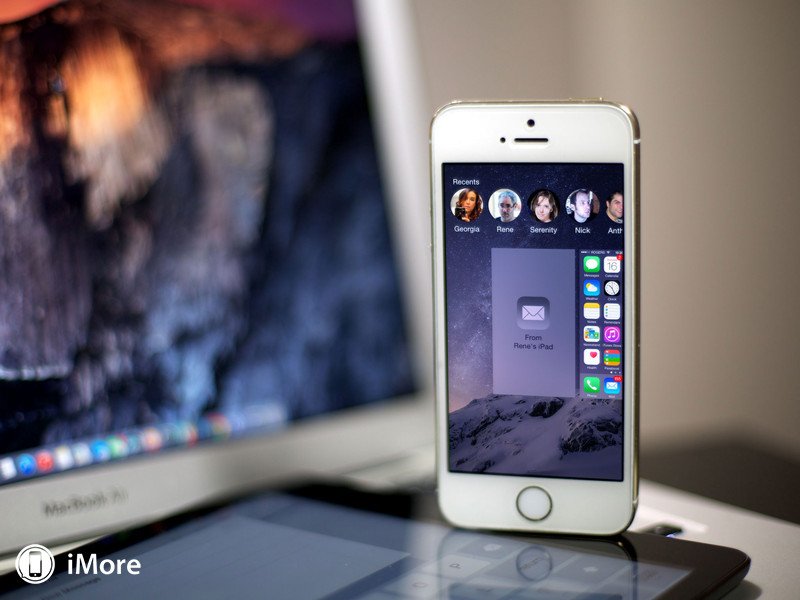
Most of what the public learns about the latest tech comes from tech sites where passionate writers write about the latest developments. Hungry fans, primarily in the consumer space, yearn for, comment on and share this information with friends and on social media. Moreover, enthusiast readers often become the tech influencers within their personal circles.
With a diminishing Windows phone audience on one end and Microsoft's severing Windows 10 Mobile from the life-giving zeal of the passionate consumer space, Redmond is essentially choking the primary portal through which Windows Mobile news would be breathed into the consumer conversation: tech sites.
By declaring Windows 10 Mobile an enterprise product for the coming years many consumer-facing sites have yet another reason, beyond a shrinking phone audience, to refrain from talking about Windows Mobile as much as in years past. Most of the audience doesn't like that "enterprise stuff."
Microsoft's defining Windows Mobile as an enterprise product further removes it from the conversation.
This decision, of course, will affect the Windows Mobile conversation readers engage in in the commentary of articles across the web, forums and journalistic-focused social media platforms like Twitter. This growing silence will undoubtedly affect the already precarious potential investments of developers in the platform.
If no one's talking about the platform that's a bad thing. If developers see no potential in Microsoft's "absent" representation of an all-important mobile platform they may see little reason to invest in the app Bridges, bots and other aspects of the Windows ecosystem which ultimately lead to mobile. Which of course is where developers see personal computing's focus. If developers see little Microsoft mobile presence in the consumer space today (when there is/was a consumer presence) and none in the coming years (when Microsoft is focusing on enterprise) they may have little confidence in the grand consumer and enterprise vision toward which Microsoft is working.
Can Microsoft endure the impact of years without a consumer-focused mobile play?
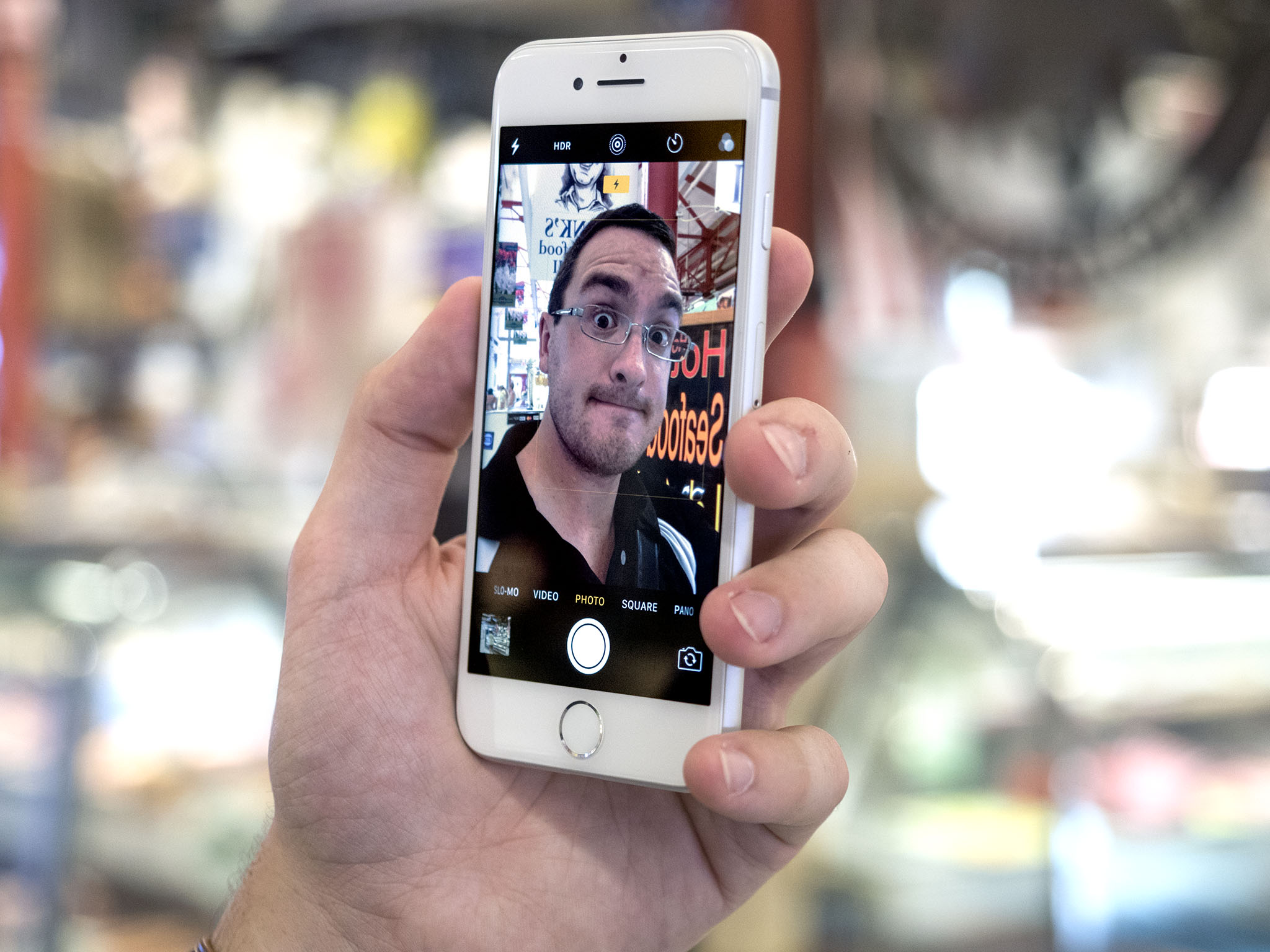
Keep in mind; most developers are consumer- and mobile phone focused. So though the message of the UWP has a legitimate foundation, relatively few developers (for now) are looking beyond the current "warehouse of apps" paradigm toward the benefits of creating one app for all form factors. Thus, the message of building Store apps motivated by the 400 million and growing Windows devices (primarily PCs) is likely to be even less effective now that the end game for developers – consumer facing mobile phones – are not Microsoft's focus.
We see developers embracing Windows 10 with universal apps while watching others leave. Alan Mendelvich of Ad Duplex's findings that the majority of his universal Ad Duplex app users are on smartphones, lends further evidence to the concern that a reliance on "selling" the UWP to developers, particularly without a consumer facing mobile play, will be tough.
Despite being a totally universal app and while not marketed specifically to mobile users, 4 out of 5 AppRaisin's daily active users are on mobile. And that number is only increasing towards mobile domination.
Is it possible that we will see an increased rate of app departures and greater lack of confidence in Microsoft's investments in mobile from potential partners like we've seen with Lenovo? Certainly, Microsoft considered these potential repercussions when they made this enterprise-focused decision. Can they endure the inevitable fallout in the coming years as they build their next generation ecosystem?
Will other company's express a lack of confidence in Redmond's strategy during these years of silence?
Rest assured that while Microsoft is silent in the consumer space, Apple and Google will continue their forward march with exciting consumer facing news. As a matter of fact, while Microsoft is building that impressive next generation ecosystem in relative silence, Apple and Google will be honing their own ecosystems in the light of the public eye. Continuity is sure to become a more comprehensive experience for those in the Apple ecosystem. And Googles Andromeda may very well come to light in the near future.
For information purposes only
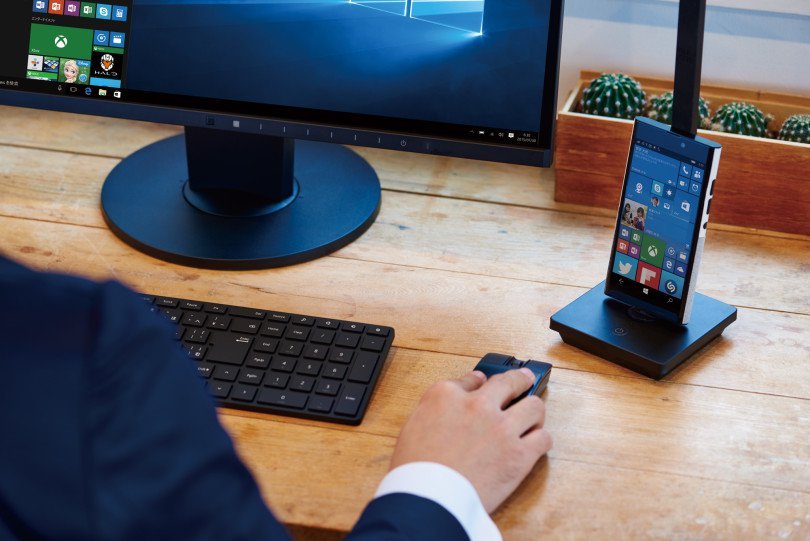
I recently posed this question: should Microsoft begin marketing Windows Mobile to the masses? I believe they should. But not in an attempt to convert iPhone and Android users at this point. But rather as a means to maintain mindshare of its mobile offering and to gain mindshare for the Universal Windows Platform. Microsoft's investment in the "next big thing," which will presumably run on Windows Mobile, is paramount to their future success. Maintaining mindshare in the competitive consumer smartphone space while focused on the enterprise is, therefore, critical. And presenting an "image" of Windows 10 Mobile within the context of the larger ecosystem in which it will exist when reintroduced to the consumer space is important.
Consider this: Microsoft is currently pushing Windows 10, which is part of the UWP, to the masses and promoting its benefits on 2-in-1s and tablets via aggressive television ads. The number of ads that Microsoft has released may surprise the most astute Microsoft fans. Continuing this push while steadily introducing the currently unknown element of the Universal Windows Platform would position Microsoft to begin educating the masses to the broader and cohesive ecosystem to which all Windows products belong.
Such ads would be the perfect context in which to introduce Windows Mobile. Not as a focus, mind you, but as a creative "product placement" within a Windows 10 commercial. For instance, while maintaining focus on Windows 10 on PC a person using Continuum on a Windows phone could be clearly highlighted in the background. Maybe a subtle, fleeting, reference could be made to how the phone is also a "PC" with Continuum.
Windows 10 ads can subtly highlight Windows Mobile and Continuum.
The ad can end with a logo showing the different form factors Windows runs on. Such references can remain part of the Windows 10 campaign throughout Microsoft's years of enterprise focus for mobile. While not attempting to sell Windows phones, it keeps the platform in the public eye within the context of the UWP and supports Windows phone manufacturing partners.
When Microsoft is ready to return to the consumer space in full force the mental inertia that they will have had to contend with had they remained silent will be more pliable due to their persistent presence. The mindshare will not have been totally lost.
If they don't do this they must do something. Silence in the consumer space, I contend, is not an option.
What are your thoughts? Should Microsoft use the platform of their Windows 10 campaign to educate the masses on the UWP and Windows 10 Mobile? Sound off in comments and on Twitter!

Jason L Ward is a Former Columnist at Windows Central. He provided a unique big picture analysis of the complex world of Microsoft. Jason takes the small clues and gives you an insightful big picture perspective through storytelling that you won't find *anywhere* else. Seriously, this dude thinks outside the box. Follow him on Twitter at @JLTechWord. He's doing the "write" thing!
